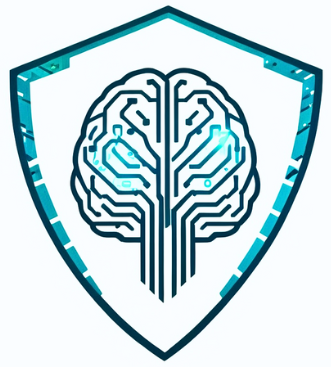Understanding Online Threats
In the current digital landscape, individuals and businesses encounter a myriad of online threats that can jeopardize their security and privacy. Among the most prevalent are phishing attacks, where cybercriminals impersonate trusted entities to deceive users into disclosing sensitive information, such as passwords or credit card numbers. Phishing can take various forms, including fraudulent emails or misleading websites designed to appear legitimate. For example, a common tactic involves fake communications from financial institutions, prompting users to ‘verify’ their account details, leading to unauthorized access.
Another significant threat is malware, which comprises malicious software designed to infiltrate and harm systems. This includes viruses, worms, and Trojans, which can disrupt normal operations and lead to data loss. Ransomware, a particular type of malware, encrypts data and demands payment for recovery, significantly affecting both individuals and small businesses. The infamous WannaCry ransomware attack in 2017 highlighted the devastating impact of such threats on organizations worldwide, resulting in millions of dollars in damages and operational disruptions.
Social engineering attacks further complicate the cybersecurity landscape. These attacks manipulate human psychology to gain unauthorized access to confidential information. For instance, an attacker may pose as an IT technician, tricking employees into revealing login credentials or installing harmful software. By understanding these tactics and their implications, non-tech experts can better protect themselves and their organizations from being exploited.
Raising awareness about these online threats is crucial for fostering a secure digital environment. Being knowledgeable about the risks associated with phishing, malware, ransomware, and social engineering empowers individuals to take preventive measures. Organizations should prioritize cybersecurity education and training to equip their workforce with the skills to recognize and respond to potential threats effectively.
Practical Cybersecurity Tips for Everyday Users
In today’s digital landscape, protecting oneself from cyber threats is imperative for individuals and small businesses alike. By adopting practical cybersecurity measures, users can significantly reduce their risk. One of the foundational steps towards achieving this is creating strong and unique passwords for different accounts. A robust password should contain a combination of uppercase letters, lowercase letters, numbers, and special characters. Tools like password managers can assist in generating and securely storing these complex passwords, ensuring that users do not resort to easily guessable options.
Another essential measure is to enable two-factor authentication (2FA) across all accounts that offer it. This additional layer of security requires users not only to enter their password but also to provide a second piece of information, such as a code sent to their mobile device, thus enhancing account protection against unauthorized access.
Safe browsing habits are equally critical in maintaining online security. Users should stick to reputable websites and avoid clicking on suspicious links, especially in emails or messages from unknown sources. It’s important to recognize the signs of phishing scams, which often use deceptive tactics to lure individuals into providing sensitive information. Common indicators include poor grammar, generic greetings, and urgent messages that press for immediate action.
Furthermore, regular software updates play a crucial role in cybersecurity. Keeping software and operating systems up to date ensures that users benefit from the latest security patches, protecting them against vulnerabilities. Many cyber threats exploit outdated software to gain access to sensitive data.
Users should also consider utilizing various cybersecurity tools, such as antivirus software, firewalls, and virtual private networks (VPNs). These tools can serve as effective barriers against malicious attacks. For those seeking further education on cybersecurity, numerous free online resources and courses are available to enhance one’s understanding and ability to navigate the digital world safely. Empowering oneself through knowledge and prudent practices is key to maintaining cybersecurity effectively.
